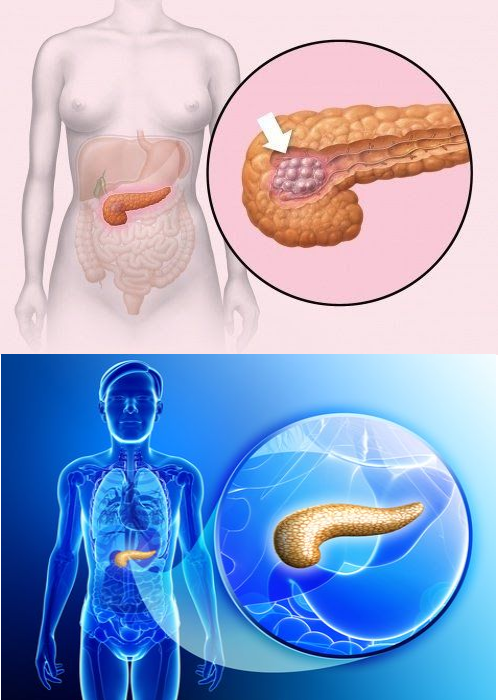Pancreatic cancer is often called “silent cancer” because it can remain asymptomatic for long periods of time, making diagnosis difficult. Symptoms of pancreatic cancer often do not appear until late in the disease. Some of the late symptoms of pancreatic cancer may include:
- Abdominal pain : Persistent abdominal pain, often located in the upper abdomen or back, may occur as the tumor grows and affects surrounding nerves.
- Unexplained weight loss : Significant weight loss without an obvious cause can be a sign of pancreatic cancer, especially when it occurs quickly.
- Jaundice : Jaundice can occur when the tumor blocks the bile duct, causing a buildup of bilirubin in the blood. This can manifest as yellowish skin, yellow eyes, itching, and discolored stools.
- Nausea and vomiting : As the tumor grows and blocks the passage of food through the pancreas, it can cause digestive problems such as nausea and vomiting.
- Fatigue : Persistent fatigue and general weakness may occur as the cancer progresses.
- Newly diagnosed diabetes or worsening of existing diabetes : Pancreatic cancer can affect the pancreas’ insulin production, causing diabetes or worsening pre-existing diabetes.
It is important to note that these symptoms may also be associated with other non-cancerous conditions. However, if you are experiencing these symptoms persistently and unexplainedly, it is important to see a doctor for a complete examination and proper diagnosis. Early diagnosis can greatly influence the treatment options and outlook for people with pancreatic cancer.

